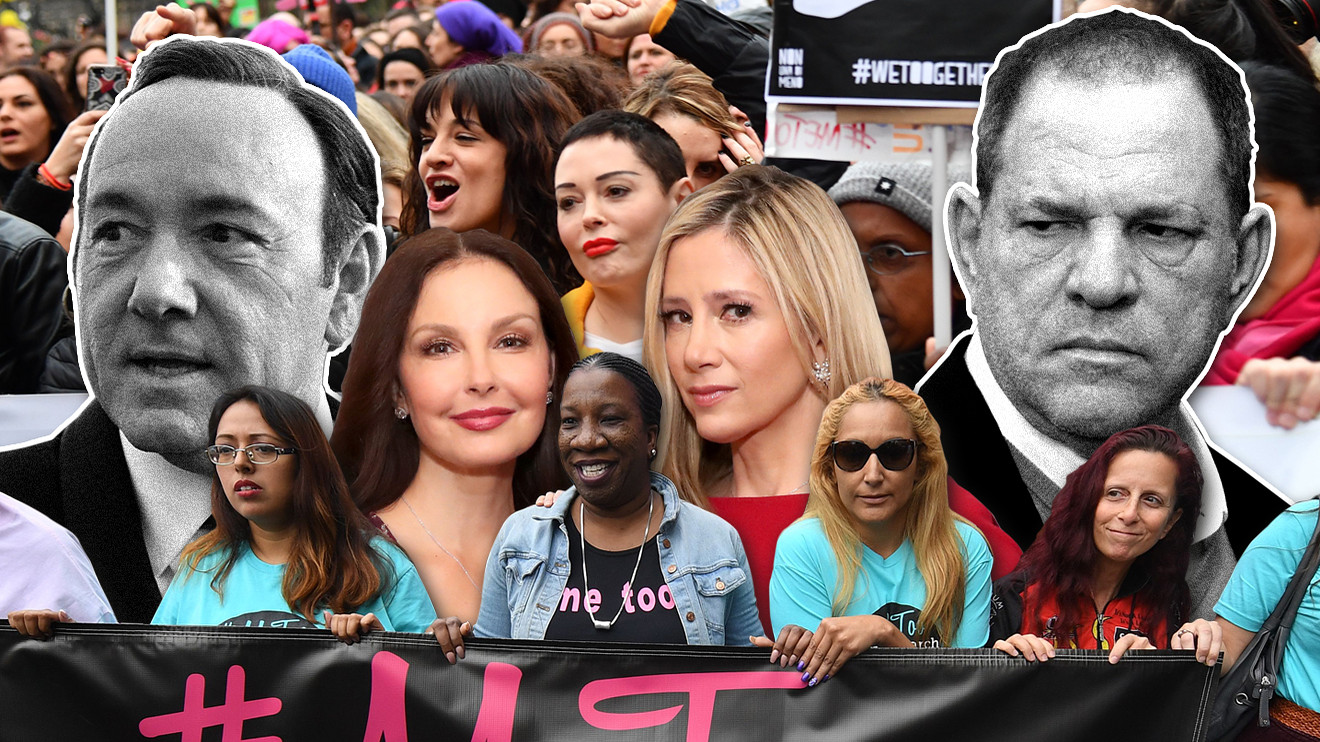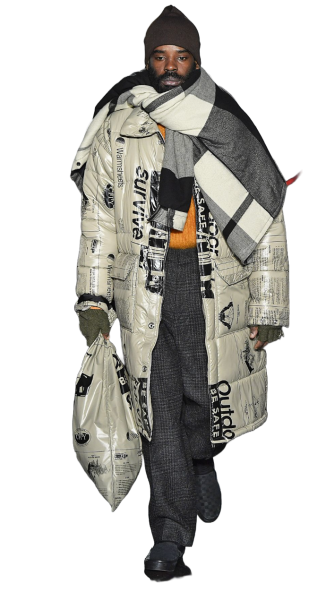Feminist’s Disclosure: Harassment in Hollywood
Sexual harassment has always been a problem in Hollywood. Before Harvey Weinstein and Bill Cosby, it was filmmakers like Roman Polanski and Woody Allen. They weren’t the first influential predators and likely won’t be the last. Since the #MeToo and #Timesup movements in 2017 and 2018 respectively, harassment has been more openly discussed, but beyond the speeches and shows of social media solidarity, the change itself has been slow.
The main issue is creating change requires deconstructing and restructuring an entire system, which can take years to address, according to the Los Angeles Times.
The change that has come as a result of the #Metoo and #Timesup movements are largely social, which is important, but ultimately won’t solve all of the large underlying issues and loopholes predators are still able to exploit.

Beyond changing attitudes towards harassment, quantifiable and widespread steps must be taken to actively prevent abuse in the industry. One of the main reasons cases like Harvey Weinstein’s gross misconduct went unrecognized for so many years is the ambiguity that allows for these situations to take place. By introducing explicitly what is and isn’t allowed in codes of conduct and other guidelines, predators have fewer loopholes to slip through.
An additional avenue predators routinely use to keep survivors silent is through legally binding nondisclosure agreements. States like California, New Jersey and Illinois have prohibited the use of NDAs as a condition of employment to conceal unlawful activity, according to The Washington Post. Despite this progress, it only accounts for a portion of those who could be affected, and thus still leaves room for growth.
While some unions and agencies have adopted clearer guidelines, such as SAG-AFTRA’s new seven-page code of conduct, and with studios being more careful about hiring people with previous allegations of misconduct, there needs to be a stronger push for agencies across the industry to adopt systems that fight against harassment. It is unacceptable for people’s dignity in their careers to be conditional based on where they live or what agency they are represented by.
Hollywood requires the change that allows universal respect for the safety of all entertainment employees and the proper identification and justice brought to predators.











